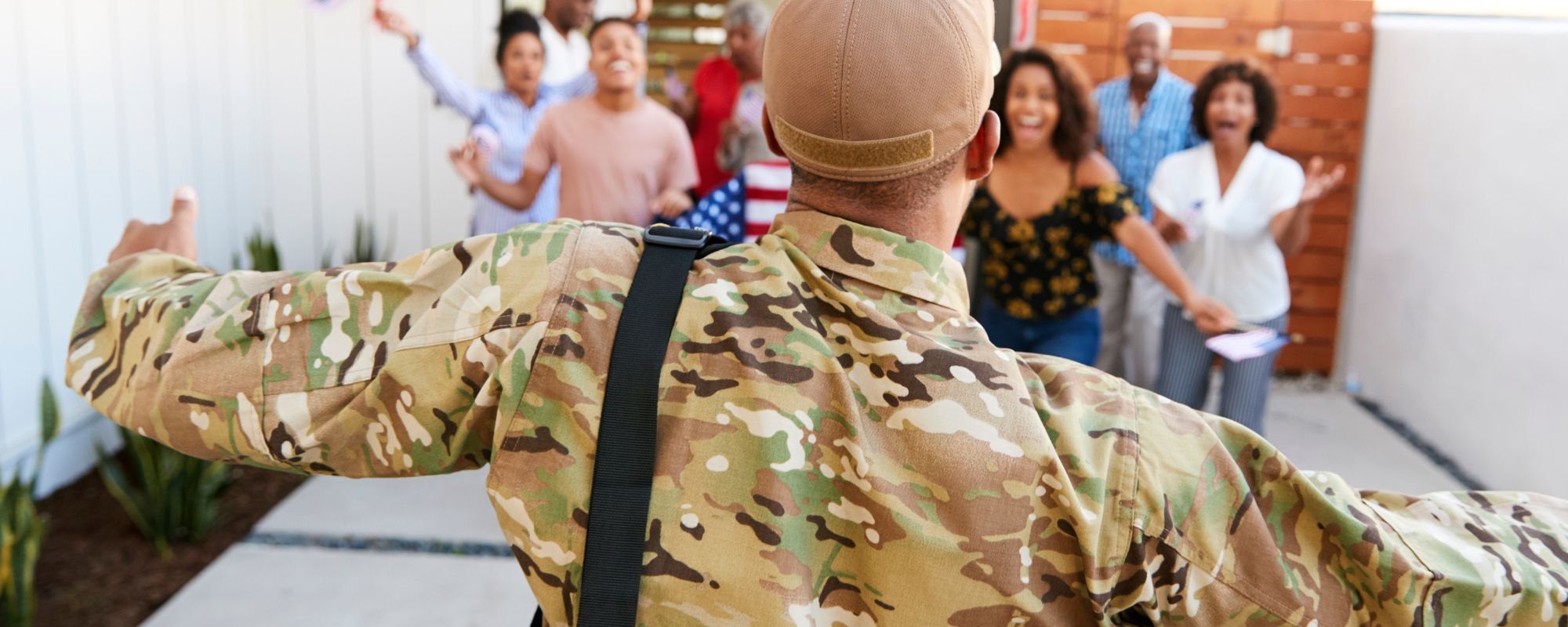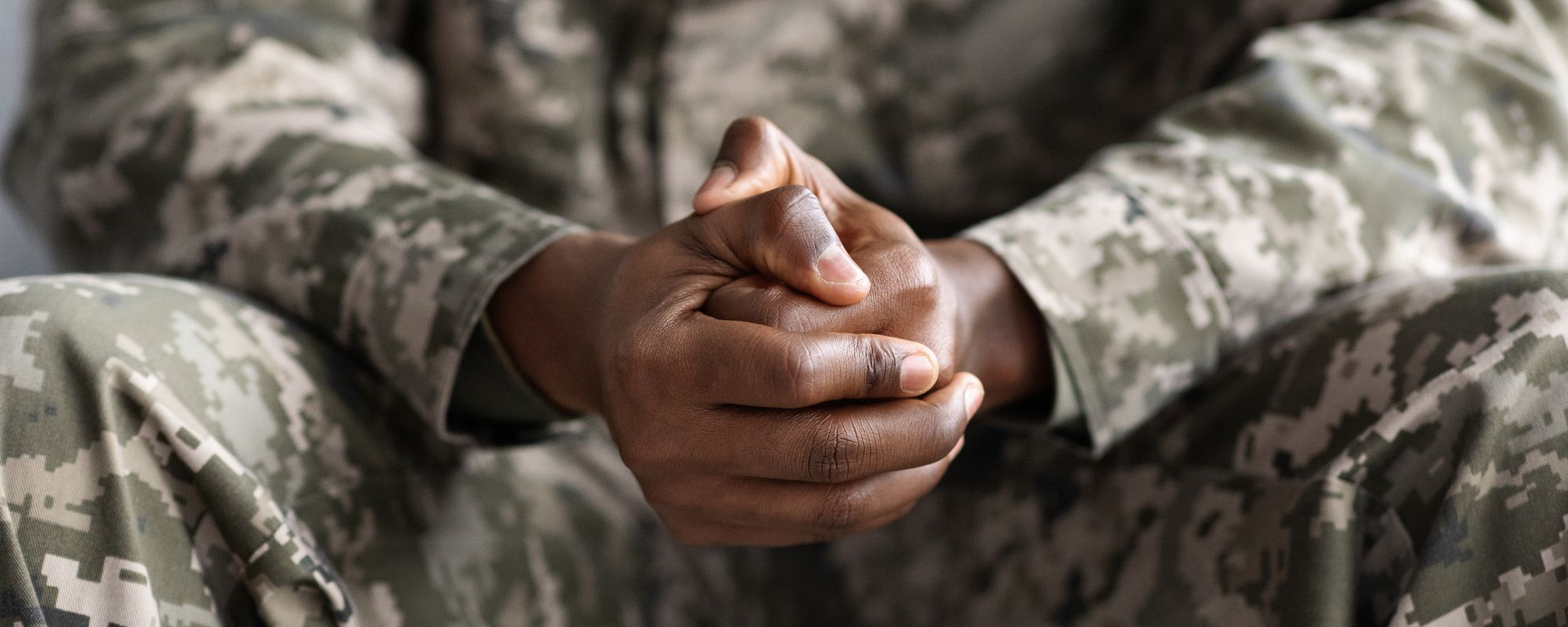Post-traumatic stress disorder, or PTSD, is a serious mental health condition that develops after experiencing or witnessing traumatic events. To truly understand PTSD, it’s important to recognize the wide-reaching effects of PTSD on individuals and their loved ones. Although many adults with PTSD manage their symptoms daily, awareness and support remain crucial, especially for those who serve, such as veterans and first responders. Friends and families play a key role in supporting someone with PTSD, and healthcare professionals are dedicated to providing effective care. So, how can we increase understanding and support? One important step is observing June as PTSD Awareness Month.
What Is PTSD Awareness Month?
June as PTSD Awareness Month is a national campaign dedicated to raising awareness about post traumatic stress disorder and its impact. The campaign culminates on June 27, recognized as National PTSD Awareness Day. During this month, organizations like the National Center for PTSD and the Department of Veteran Affairs offer research-based treatment information, educational events, and resources to help the public better understand PTSD.
Who Is Affected by PTSD?
Post traumatic stress can affect anyone who has endured trauma, but it is especially common among military personnel, including women veterans, and first responders. Many adults diagnosed with PTSD struggle silently with symptoms that deeply affect their daily lives. Veterans often face unique challenges when adjusting to civilian life, and the Department of Veteran Affairs provides veterans benefits and specialized programs to address PTSD in this population.
Get confidential help from our addiction and mental health treatment facilities located across the United States. Call to join one of our quality programs today!
Speak With Our Admissions Team
Common Symptoms and Misconceptions About PTSD
Understanding the symptoms of PTSD—such as flashbacks, anxiety, and mood changes—is essential for early intervention and suicide prevention. Unfortunately, PTSD is often misunderstood or misdiagnosed, delaying necessary treatment. It is a myth that PTSD only affects combat veterans or that symptoms will simply fade away over time. Early diagnosis and access to quality care from healthcare professionals can dramatically improve outcomes.
Why Do Veterans Sometimes Avoid Treatment?
Many veterans hesitate to seek help due to stigma, fear of judgment, or difficulties navigating the healthcare system. However, the Department of Veteran Affairs offers a range of resources and support programs designed to overcome these barriers. Addressing PTSD early with trauma-focused and research-based treatment increases the chances of recovery and improved well-being.
How to Support Veterans, Women Veterans, and First Responders
Friends, families, and communities are vital in creating a supportive environment for those diagnosed with PTSD. At Aliya Veterans, we specialize in trauma-informed care tailored to the unique needs of veterans and first responders. Our programs combine proven therapeutic methods with compassionate guidance to help individuals heal from trauma and reclaim their lives.
Looking for quality treatment for substance abuse and mental health that’s also affordable? Aliya Veterans treatment facilities accept most major insurance providers. Get a free insurance benefits check now!
Check Your Coverage
Find Veteran PTSD Treatment Near You
By raising awareness during PTSD Awareness Month, we can reduce stigma, improve access to care, and promote understanding for everyone affected by post-traumatic stress disorder. If you or a loved one needs support, reach out today to connect with healthcare professionals who are dedicated to your healing journey.
At Aliya Veterans, we provide specialized PTSD treatment tailored specifically for veterans and first responders. Our trauma-focused programs integrate research-based traditional and alternative therapies, offering a safe and effective path to healing.
If you or a loved one is grappling with military trauma and the complexities of post-traumatic stress disorder (PTSD), seeking professional help is vital. Gaining a clear understanding of PTSD—including common symptoms such as flashbacks, intense emotions, and negative shifts in thinking and mood—is the essential first step toward recovery. Proven treatments like cognitive behavioral therapy (CBT) and eye movement desensitization and reprocessing (EMDR) deliver powerful strategies for coping with traumatic stress and managing flashbacks.
Start Today!
Many individuals with PTSD also struggle with related challenges, including alcohol misuse, anxiety disorders, and depression, underscoring the need for comprehensive mental health treatment. At Aliya Veterans, our behavioral health and intensive outpatient programs offer personalized care provided by experienced mental health and healthcare professionals who deeply understand the complexities of PTSD and its effects.
Don’t wait to address these common symptoms and enhance your quality of life. Early intervention through techniques such as deep breathing exercises, behavioral therapy, and individualized treatment plans can significantly reduce physical symptoms and emotional distress. Reach out to learn more about insurance verification, trauma treatment, and how you can help from PTSD.


- Healthy Holiday Routines: Maintaining Structure, Sleep, and Self-Care When Your Normal Schedule Changes - November 12, 2025
- PTSD Treatment in Irvine, CA: A Veteran‑Focused Path to Healing - November 5, 2025
- PTSD Rehabs in California: Specialized Trauma Recovery for Veterans and First Responders - November 5, 2025












